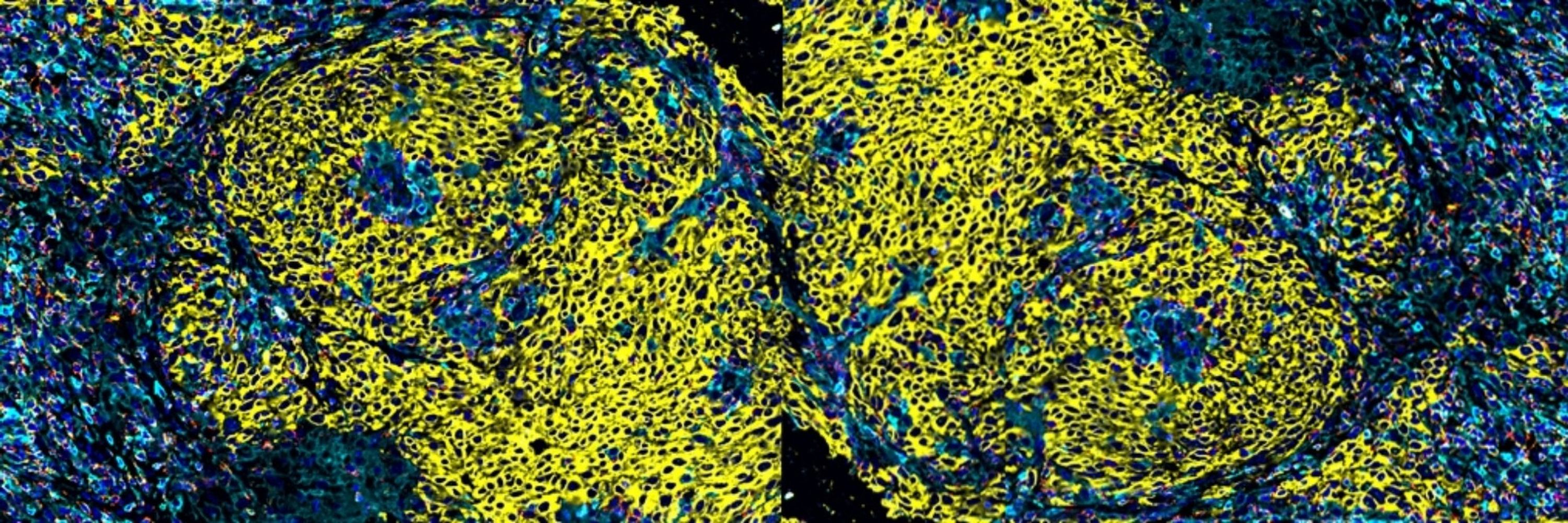
Previously Postdoc at IEO, UKB, Bonn 🇩🇪
🔬Genomic and Experimental Medicine |Rare cancers | Rare genetic diseases
🛸 Spatial Biology enthusiast
📚 Bookworm
🇮🇹 Padula, SA
While the functional role of NKG7 continues to be explored, its consistent co-expression with cytotoxic signatures across diverse contexts makes it a powerful tool for profiling cytotoxic immune cells.
While the functional role of NKG7 continues to be explored, its consistent co-expression with cytotoxic signatures across diverse contexts makes it a powerful tool for profiling cytotoxic immune cells.
These findings position NKG7 as a robust, versatile marker for cytotoxicity—relevant for both basic immunology and translational research in cancer and immune-mediated diseases.
These findings position NKG7 as a robust, versatile marker for cytotoxicity—relevant for both basic immunology and translational research in cancer and immune-mediated diseases.
• Notably, NKG7 expression persists even in PRF1-negative populations, suggesting its utility in tracking alternative or noncanonical cytotoxic programs.
• We also showed that NKG7 is highly expressed in CD4-CTLs, an emerging effector subset in cancer immunity.
• Notably, NKG7 expression persists even in PRF1-negative populations, suggesting its utility in tracking alternative or noncanonical cytotoxic programs.
• We also showed that NKG7 is highly expressed in CD4-CTLs, an emerging effector subset in cancer immunity.
What we found:
• NKG7 consistently marks cytotoxic immune cells — even in complex tissue environments like tumors.
• It outperforms traditional markers like GZMB and PRF1 in reliability and consistency.
What we found:
• NKG7 consistently marks cytotoxic immune cells — even in complex tissue environments like tumors.
• It outperforms traditional markers like GZMB and PRF1 in reliability and consistency.
In our study, we performed a comprehensive profiling of cytotoxicity-associated transcripts across immune subsets and tissues.
In our study, we performed a comprehensive profiling of cytotoxicity-associated transcripts across immune subsets and tissues.
Cytotoxicity is essential for immune defense against tumors and infections, typically assessed using markers such as granzyme B (GZMB) and perforin (PRF1). However, less is known about other cytotoxic components.
Cytotoxicity is essential for immune defense against tumors and infections, typically assessed using markers such as granzyme B (GZMB) and perforin (PRF1). However, less is known about other cytotoxic components.
🟡 Lukas Kiwitz poster #95
🟡 Lukas Kiwitz poster #95

